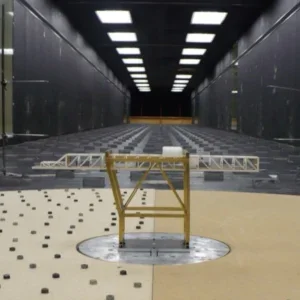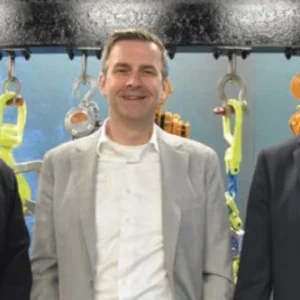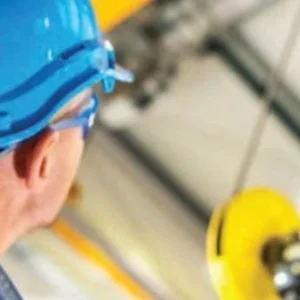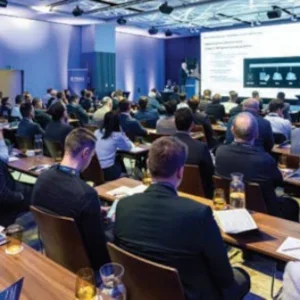The aim is to grow intelligently to increase the company’s activity by 26% to €140m by 2024, build up a team of 1,525 people, create an average of five start-ups a year and generate income from the sale of intellectual property of up to €8m. To make this possible, it will launch initiatives such as an action plan for SMEs and micro-SMEs, creating an intellectual property transfer fund and implementing a model of alliances that make an impact.
Key technologies to be targeted include high-value hydrogen, competitive renewables or electrification, smart industrial maintenance, artificial intelligence for optimising processes and quality control, process automation and robotisation, digital solutions for buildings, smart infrastructure management, circular economy and eco-materials, data spaces for smart digitalisation, privacy technologies and blockchain for secure digitalisation, quantum technologies, and, in the field of health, personalised health food, neuroengineering and medical robotics and regenerative medicine.
“Following conclusion of the previous Strategic Plan, in which we achieved an income of €113.6m by 2020, despite difficulties. These results stem from the R&D transfer strategy to companies that Tecnalia had implemented since its creation 10 years ago. Furthermore, the number of companies with which we collaborate has not stopped growing over this time, a sign of the confidence they have in us as a key instrument of innovation to emerge more competitive. In 2020, we managed to collaborate with more than 750 companies, 75% of them SMEs, and we have created a growing network of more than 25 alliances,” said Alex Belaustegui, chairman, Tecnalia
Initiatives carried out under the previous Strategic Plan include success stories in sustainable mobility and smart manufacturing, developing the first air taxi to cover short journeys in cities autonomously; it developed the first floating laboratory in Europe to carry out tests in a real offshore environment, called HarshLab, a facility that provides accurate information to predict the behaviour of materials, components and equipment in this hostile environment, in order to develop offshore energy systems with high survival rates. It recently launched a new version to further advance research into offshore technologies and help the industry improve its competitiveness and it has partnered with the University of the Basque Country, to set up the first 4.0 laboratory for the pharmaceutical industry, in Alava Technology Park.
Find out more about how JASO Industrial Cranes is working with Tecnalia in our feature on Spain.
Jennifer Eagle, editor






